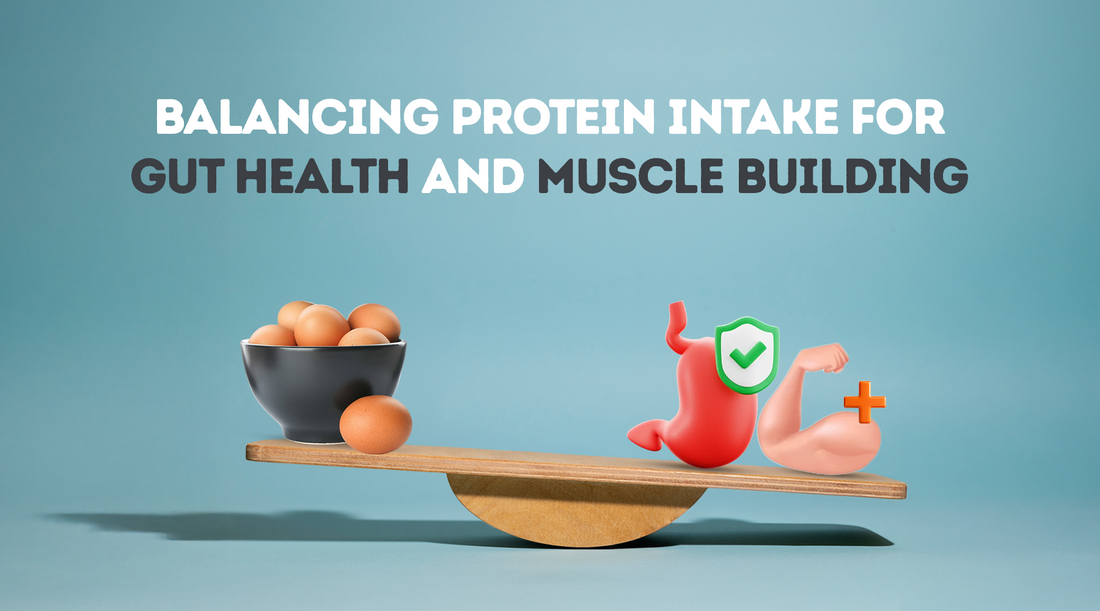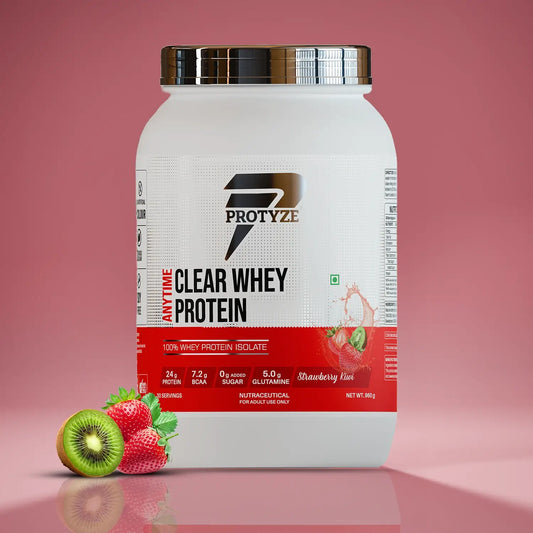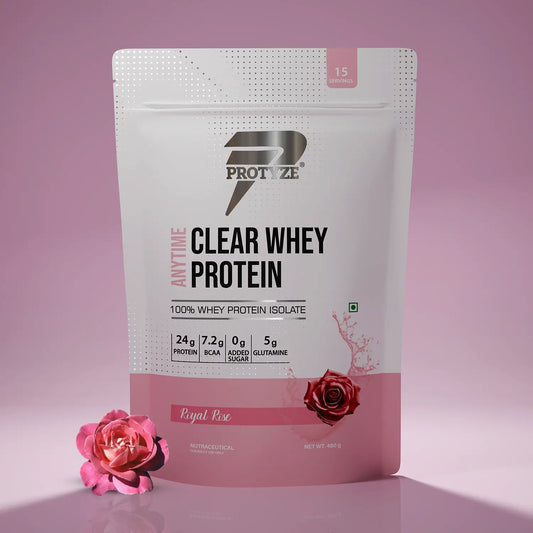Protein is an essential nutrient that plays a critical role in muscle growth, repair, and overall health. However, consuming the right amount of protein for muscle building while maintaining digestive wellness can be tricky. Too much protein can disrupt your gut health, while too little might hinder your fitness goals. Understanding the balance between these two aspects is key to achieving optimal results. A gut-friendly protein powder can help meet both muscle-building and digestive needs.
The Importance of Protein for Muscle Building
Protein is the building block of muscle tissue and is crucial for those aiming to increase strength, recovery, and performance. Here’s how protein supports muscle building:
- Muscle recovery after intense workouts
- Muscle growth through protein synthesis
- Enhanced strength and performance during training
- Appetite control and satiety, which aids in fat loss
For muscle building, it’s essential to consume high-quality protein sources like whey isolate protein. This ensures maximum bioavailability and digestion efficiency, crucial for muscle recovery and repair.
How Protein Affects Gut Health
While protein is vital for muscle growth, it’s also important to ensure it doesn’t disrupt your digestive system. A high-protein diet can cause digestive discomfort, including:
- Bloating and gas, especially from heavy protein sources
- Gut microbiome imbalance, particularly with animal-based proteins
- Constipation or digestive slowdowns
- Increased inflammation in the gut
The key to balancing protein intake with digestive wellness lies in selecting the right type of protein. For those looking for easy-to-digest protein powders, options like Protyze Diet clear whey tend to be gentler on the stomach and support healthy digestion without the bloating often associated with other forms of protein.
Choosing Gut-Friendly Protein Sources
To support both muscle building and gut health, it’s important to select high-quality protein sources. Here are some excellent choices:
Best Protein Sources
- Lean meats (chicken, turkey, fish)
- Eggs (complete protein)
- Dairy (Greek yogurt, whey isolate protein)
- Plant-based proteins (lentils, chickpeas, quinoa, soy, nuts, seeds)
Gut Health: Probiotics and Prebiotics
Maintaining gut health is crucial when adjusting your protein intake. Incorporating probiotics and prebiotics into your diet can support a healthy microbiome and aid in digestion. Consider adding:
- Probiotics: Yogurt, kefir, sauerkraut, kimchi
- Prebiotics: Bananas, onions, garlic, asparagus
Optimizing Protein Absorption and Digestion
Maximizing the benefits of protein while maintaining digestive comfort requires effective digestion strategies. Here are some tips to optimize protein absorption:
1. Stay Hydrated
Water is essential for the digestion of protein. Adequate hydration helps your body break down proteins into amino acids and ensures proper nutrient absorption. Aim to drink 2-3 liters of water daily, especially if you consume high-protein meals.
2. Space Out Protein Intake
Rather than consuming large amounts of protein in a single meal, distribute protein intake throughout the day to support continuous muscle recovery and digestion. Spreading it out allows your body to absorb and utilize the protein more efficiently.
3. Choose Easily Digestible Proteins
If you experience discomfort with other protein sources, consider whey isolate protein a more digestible option. The body absorbs This protein type more quickly, making it an excellent choice for post-workout recovery without the digestive discomfort associated with other proteins. Products like Protyze Diet Clear Whey Protein are formulated to be light on the stomach while delivering high-quality protein.
4. Include Fiber-Rich Foods
Fiber is crucial for maintaining digestive health. Pair your protein intake with fiber-rich foods such as fruits, vegetables, whole grains, and legumes to prevent bloating and constipation. These foods will help balance your protein intake and support overall digestion.
5. Limit Processed Protein Sources
Processed protein options like fried meats and deli meats can disrupt digestion and lead to inflammation in the gut. Opt for lean protein sources and clean protein powders that don’t contain unnecessary additives.
6. Incorporate Digestive Enzymes and Probiotics
To further improve digestion, consider adding digestive enzymes or probiotics to your routine. Digestive enzymes break down proteins and other macronutrients, while probiotics support gut health by encouraging the growth of beneficial bacteria in the intestines.
7. Listen to Your Body
Everyone’s digestive system responds differently to protein. If you experience bloating or discomfort, experiment with lighter protein options like whey isolates or protein powders designed to be easy on the stomach, such as Protyze Diet Clear Whey Protein.
Recommended Daily Protein Intake
Protein requirements vary depending on activity level and body weight. Here’s a general guide to help you assess how much protein you need:
- Sedentary individuals: 0.8g per kg of body weight
- Active individuals: 1.2g - 2.0g per kg of body weight
- Athletes and bodybuilders: Up to 2.2g per kg of body weight
By following these recommendations, you can meet your daily protein requirements while maintaining digestive balance.
Conclusion
Maintaining a balance between muscle building and gut health is essential for overall well-being. By choosing easy-to-digest protein sources, incorporating gut-friendly foods like probiotics and prebiotics, and optimizing your protein intake, you can achieve the best of both worlds.
Protyze Diet Clear Whey Protein offers a great option for those looking to support muscle growth without compromising gut health. Whether you’re looking for the best protein powder for muscle building or a digestive-friendly alternative, balancing protein intake with digestive care will ensure long-term success in your fitness journey.





